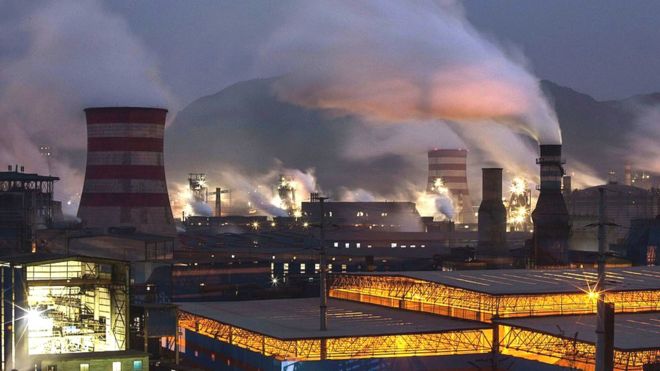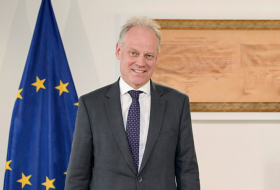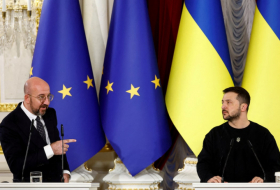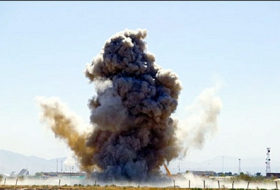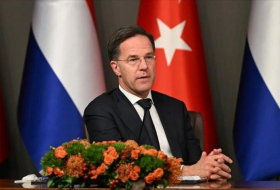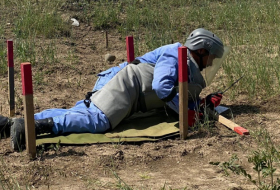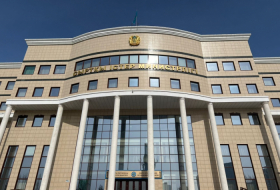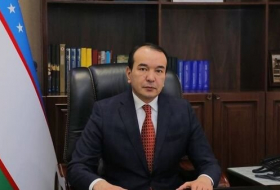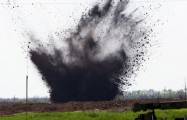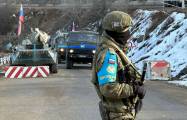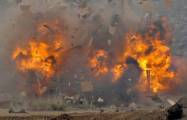The coronavirus crisis is causing the biggest fall in global energy investment in history.
Before the pandemic, funding was set to rise 2%, but now it’s predicted to plunge 20%, says the International Energy Agency (IEA).
Fossil fuels are hit hardest, with a 30% funding drop expected for oil and a 15% fall for coal.
Renewables investment is down 10% - and it's only about half what’s needed to combat climate change.
Due to coronavirus lockdown measures imposed by many countries, for the time being, the fall in investment is leading to a drop in planet-heating carbon emissions.
But the IEA warns that that use of fossil fuels is likely to rebound when the crisis is over, leading to a spike in CO2.
One reason is because China and other Asian nations are putting in orders now for a new generation of coal-fired power plants to supply energy in the future.
“We see a historical decline in emissions, but unless we have the right economic recovery packages, we might see emissions again skyrocket and the decline of this year would be completely wasted," the IEA's executive director Fatih Birol told the BBC.
“Remember the 2008-2009 crashes. We immediately saw a decline in emissions, but afterwards it rebounded. We must learn from history.”
Approvals of new coal plants in the first quarter of 2020, mainly in China, were running at twice the rate observed over the whole of 2019, he added.
Overall energy investment has fallen almost $400bn (£324.3bn) short of what was expected in 2020, and the IEA says there are now serious doubts about secure energy supplies when the global economy picks up, because energy projects take so long to deliver.
The report says the decline in investment is “staggering” in its scale and swiftness, mostly due to low demand and low prices for energy, especially oil.
Dr Birol said: “The historic plunge in investment is deeply troubling. It means lost jobs and economic opportunities today, as well as lost energy supply that we might well need tomorrow, once the economy recovers.
“The slowdown in spending also risks undermining the much-needed transition to more sustainable energy systems.”
BBC
More about: energy








